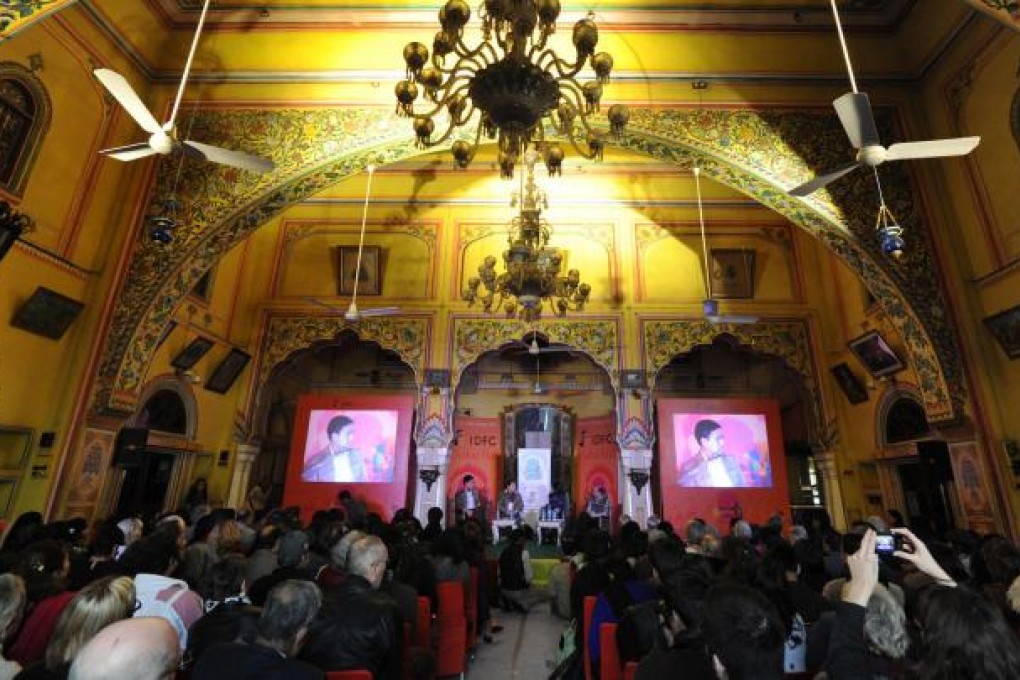Keeping Jaipur a storytellers' paradise even as it grows
Jaipur's literature festival grapples with how to stay informal while its popularity booms

Jaipur, also known as the "Pink City", is generally regarded as an essential destination for anyone navigating the subcontinent. There are palaces and forts, elephants and camels, and fabulously rich splashes of Indian culture to be absorbed.
In recent years, the city has also become known for its annual literary event that has gone from humble beginnings (10 attendees at its first incarnation in 2005) to epic proportions (122,000 people last year). The DSC Jaipur Literature Festival is today arguably Asia's largest and most esteemed literary gathering. And it's free for anyone to attend.
"It's seen a sort of miraculous, almost monstrous transformation," says author William Dalrymple, who shares the role of festival director with Indian writer Namita Gokhale. They have created something "really quite remarkable", says Dalrymple, who seems almost shocked at the success of the event.
The buzz continues to grow, with authors from all continents and contingencies coming together to discuss, debate and master literature in all its forms. The five-day event is held at the beautiful Diggi Palace, a stately 200-year-old mansion replete with gorgeous courtyards and rambling gardens that's been turned into a hotel.
"The venue creates a particular blend of vibes - you get the sense that there are a thousand stories waiting to be told behind every window, every door," says Sanjoy Roy, managing director of Teamworks Productions, which organises the event. "The festival is about storytelling - it is about literature and all its forms."
But perhaps more than this, it's the openness and inclusiveness of the venue and the occasion that makes it a lively attraction for people from all walks and all agendas. "It's like the great Indian wedding. We tend to lay it out for all of our visitors - you can walk into a session without knowing anything about the authors," says Roy.